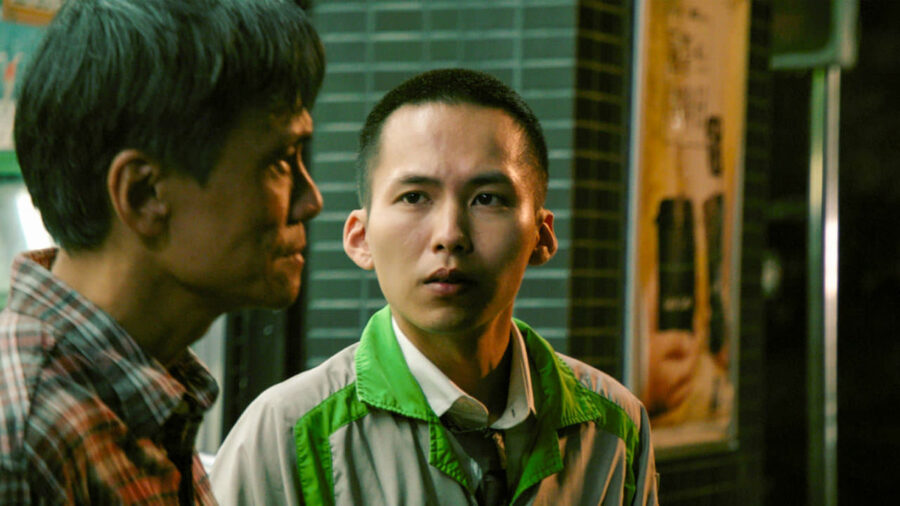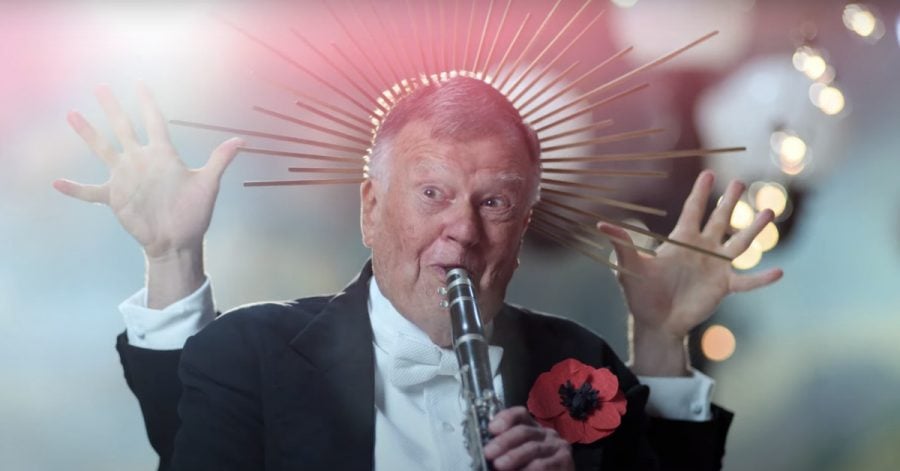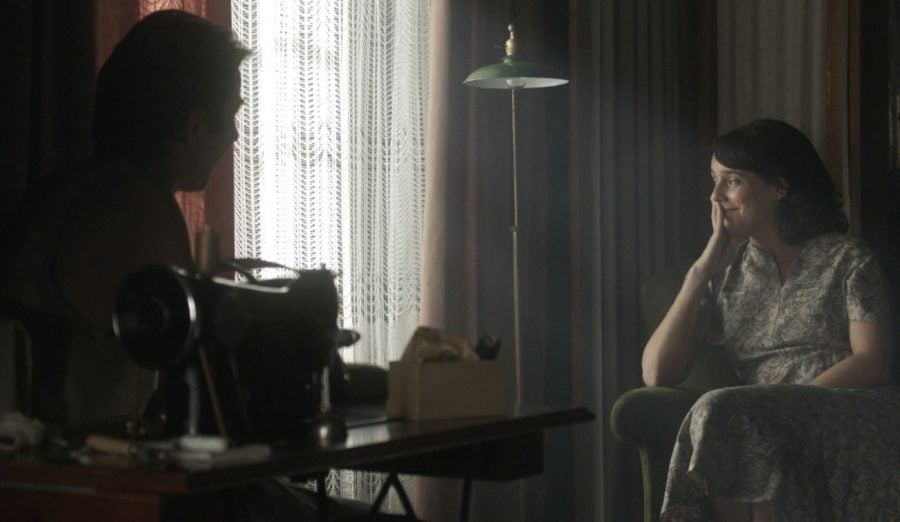In The Sun, a family of four is dealt with tragedy after tragedy, beginning with the younger sun A-ho's sudden incarceration. The mother is sympathetic but the father all but shuns him as he chooses to throw all his affection to A-hao, the older brother, and his med school pursuits instead. Themes of crime, punishment, family, and redemption are then explored in gorgeous frames and mesmerizing colors with director Chung Mong-hong doubling as the film's cinematographer.
Despite itself, The Sun never falls into cliche melodrama territory. Its heavy themes are undercut by naturalistic acting and poetic shots, resulting in a deeply emotional but balanced film. Rich in meaning and beauty, The Sun will surely stay with you long after your first watch.
Genre: Crime, Drama, Family
Actor: Apple Wu, Chang Han, Chen Yi-wen, Chen Yiwen, Chen-Ling Wen, Chien-Ho Wu, Chih-ju Lin, Greg Hsu, Guan-Ting Liu, Han Chang, Huang Hsin-Yao, Ivy Yin, Ko Shu-Chin, Kuan-Ting Liu, Li-Tung Chang, Liao Hui-Jen, Lin Chih-ju, Liu Kuan-ting, Lung Shao-Hua, Ming-Shuai Shih, Samantha Ko, Samantha Shu-Chin Ko, Shao-Huai Chang, Shih Ming-shuai, Shu-Chin Ko, Shu-qin Ke, Siu Wa Lung, Wang Ko-Yuan, Wen Chen-ling, Wu Chien-ho, Wu Tai-ling, Yi-Wen Chen, Yin Shin
Director: Chung Mong-hong, Mong-Hong Chung





